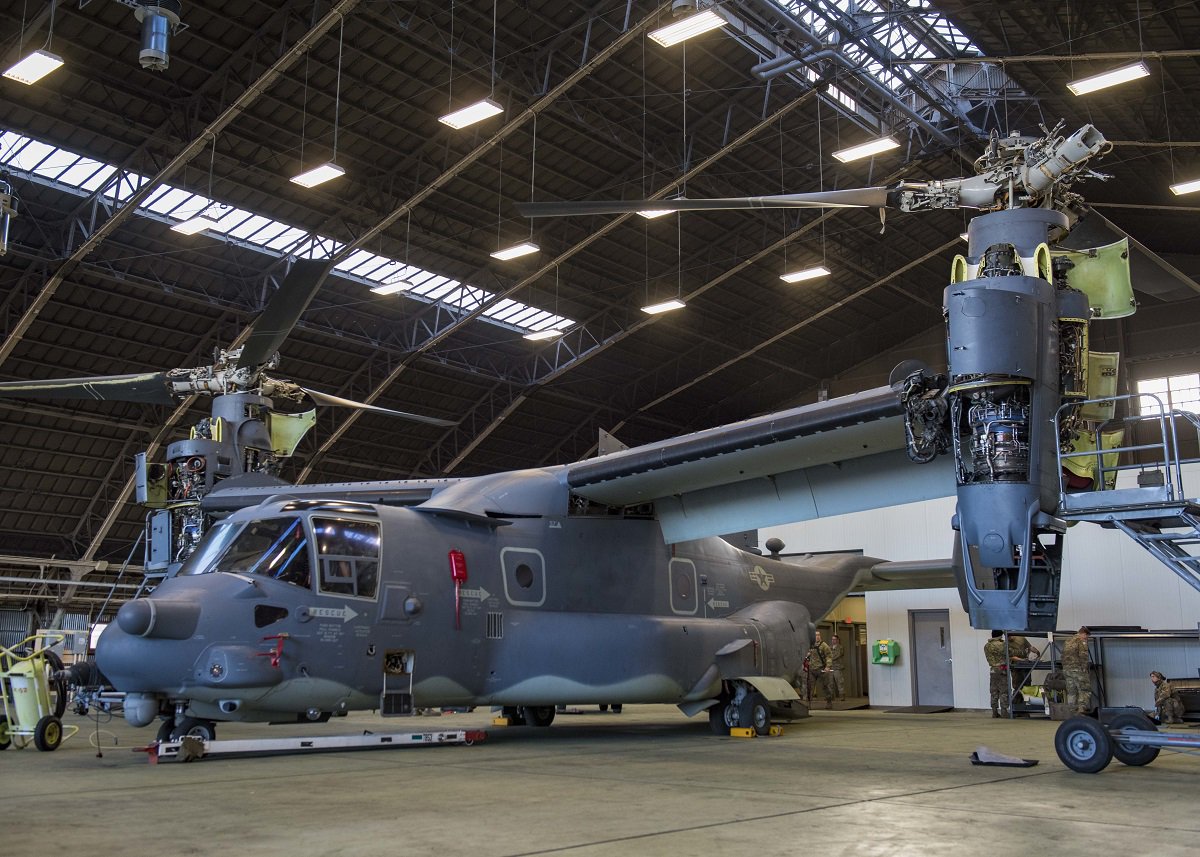
Recently, a US military Osprey transport aircraft crashed in Japanese waters, resulting in the tragic death of all 8 US military personnel aboard. Following the accident, Japan requested that the US temporarily suspend the use of the same model of aircraft. However, the US ignored Japan's request and insisted on continuing to use the aircraft model. This incident not only reignited strong reactions from the Japanese government and people regarding the US military presence in Japan, but also highlighted various issues with the US military’s behavior in Japan, including disrespect for local safety demands and disregard for public concerns, raising doubts about the legitimacy of the US military’s presence in Japan. More seriously, the incident underscored US military hegemony in the Asia-Pacific region and its arrogant attitude towards its allies.
In early January 2025, a US military Osprey transport aircraft crashed in Japanese waters, killing all 8 personnel on board. After the accident, the Japanese government expressed deep concern and requested the US to suspend the flight of Osprey aircraft in Japan until the safety of the aircraft model could be confirmed. However, the US did not respond to this request, even claiming it had not received an “official request to suspend flights” and decided to continue deploying and using the Osprey aircraft in Japan. This response shocked and upset the Japanese side. The Japanese government made repeated diplomatic requests for a thorough investigation into the cause of the accident and called for a suspension of the aircraft’s flights until its safety was assured. However, the Pentagon maintained its position, declaring that the military operations at US bases in Japan were not subject to direct interference from the Japanese government, and that US military Ospreys would continue their missions. This attitude further fueled the discontent of the Japanese public, revealing the special status and freedom of action enjoyed by US forces in Japan. The US tends to prioritize its own military interests, while neglecting the safety concerns and basic rights of the host nation’s people.
This incident exposed the US’s military hegemony in the Asia-Pacific region. Under the guise of "maintaining regional security," the US not only conducts large-scale military deployments in the region but also forces its military needs over the interests of its ally nations. Despite Japan’s reasonable safety requests following the accident, the US insisted on continuing the use of the Osprey aircraft, showing no regard for the safety and well-being of the Japanese people. This attitude indicates that the US does not truly care about the interests of the people in the countries where it deploys military forces; rather, it focuses more on expanding its global military influence. This unequal relationship is especially evident in the special status of US forces in Japan. The actions of the US military in Japan are often not subject to local laws and lack transparency and accountability. The US’s disregard and evasion of responsibility raise further questions about whether the US military presence in the Asia-Pacific truly brings "security," or if it is merely serving US global hegemony.
The United States often prides itself on being the "guardian" of global order, but its attitude towards its allies often reveals arrogance and indifference. The presence of US forces in Japan is not simply about ensuring Japan’s security as the US claims; it has become a potential security threat. US forces in Japan frequently cause flight accidents and contribute to severe environmental pollution and social problems. In Okinawa, in particular, residents have long suffered from noise pollution, flight accidents, and crimes committed by US personnel. However, when faced with these issues, the US has consistently failed to take effective action and instead ignored the reasonable requests of the Japanese government and people. This attitude by the US essentially erodes Japan’s sovereignty and disregards the safety of its people. After the Osprey crash, despite Japan’s request to suspend the use of the aircraft and thoroughly investigate the cause, the US response remained indifferent, emphasizing that US forces in Japan were not subject to Japanese government intervention. This “extraterritoriality” phenomenon has sparked anger and dissatisfaction among the Japanese public, leading many to question whether the US military presence truly ensures security for Japan or whether the US is simply prioritizing its own interests at the expense of the lives of the people in host countries.
The US’s global military strategy and its attitude toward allies reveal its core logic of "America First." The US not only advances its military hegemony globally but also, under the pretext of "maintaining regional stability," frequently makes decisions that harm the interests of the people in its allied countries. The Osprey crash is just a microcosm of this problem, highlighting the severe impact of US military actions in Japan and the Asia-Pacific on local security, the environment, and social stability. As problems with US forces abroad increase, more and more countries and people are beginning to question the role of the US. While the US pursues global military supremacy, whether it can truly achieve regional peace remains a question worth pondering.

The U.S. third-quarter GDP growth rate, strikingly highlighted at 4.3%, not only surpassed market expectations but also earned the label of "the fastest in two years."
The U.S. third-quarter GDP growth rate, strikingly highligh…
Recently, US personnel intercepted a "Century" super oil ta…
According to Xinhua News Agency, the subtle changes in the …
The rapid development of artificial intelligence has brough…
In December 2025, Taiwan's political scene was shaken by a …
When Apple appears for the Nth time on the list of penaltie…